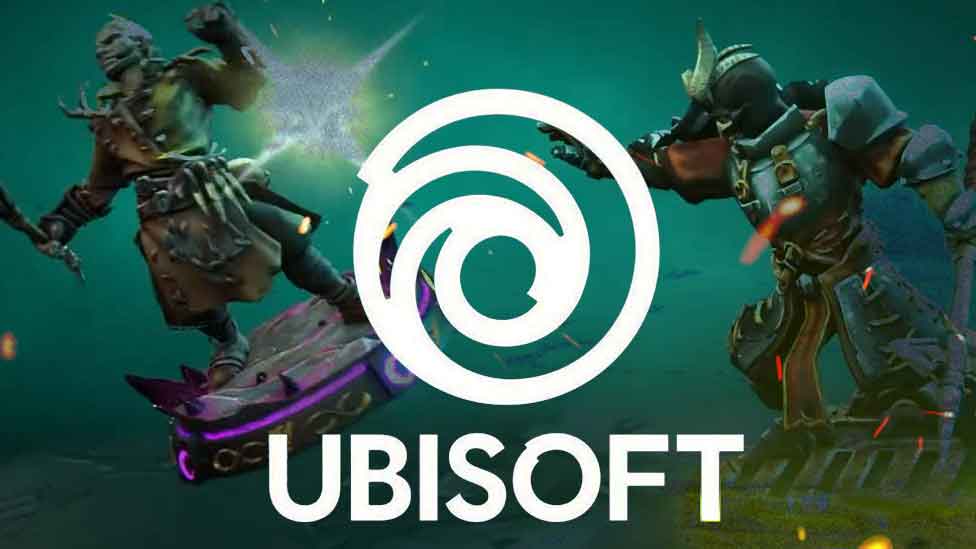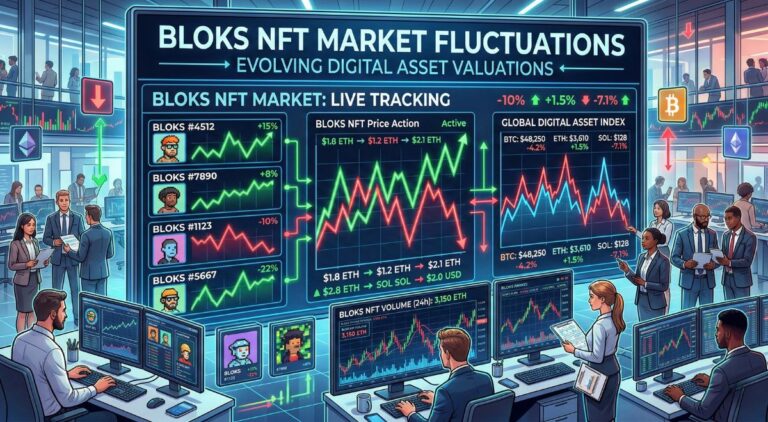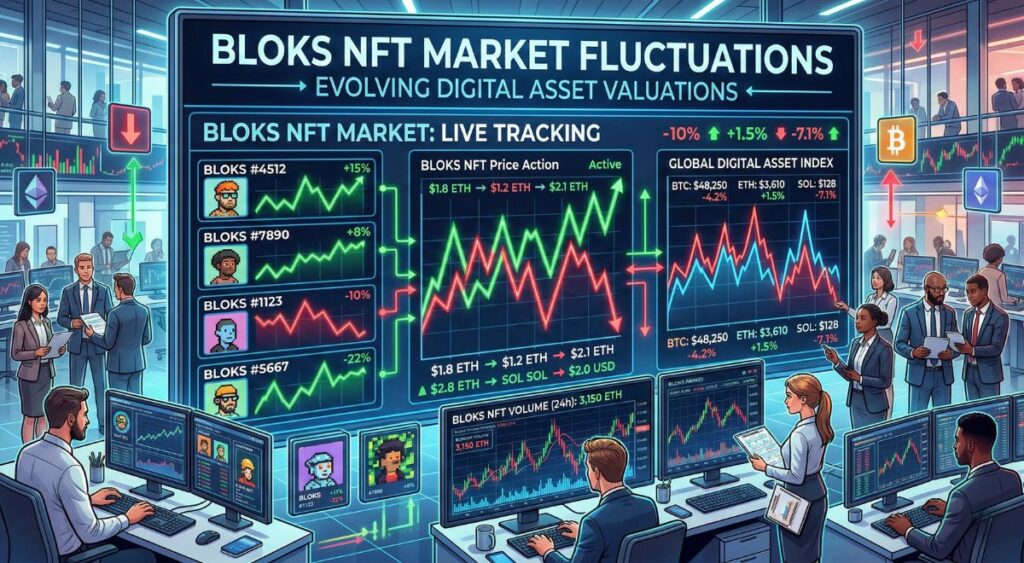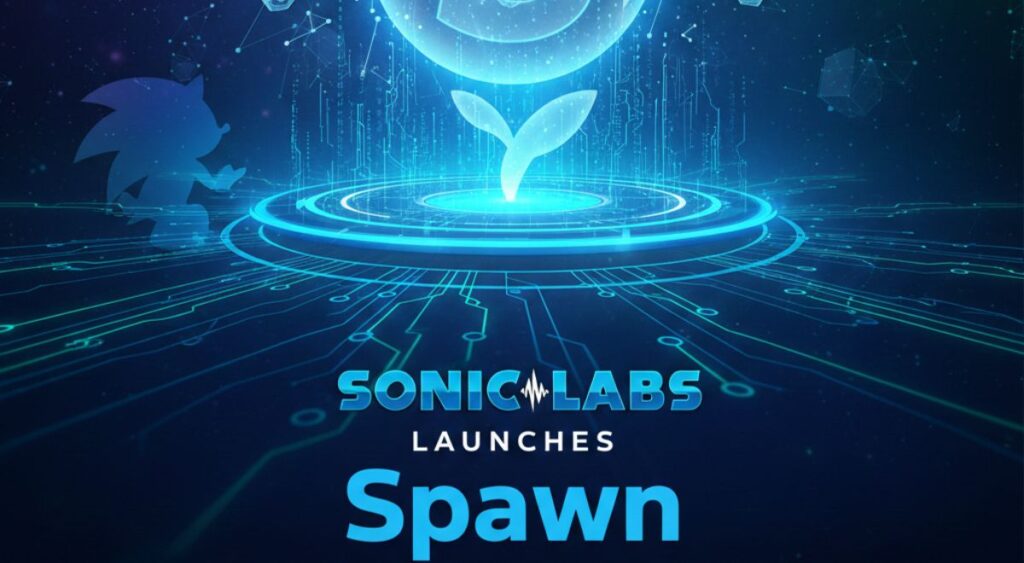The publisher continues its Web3 push with Might & Magic Fates, signaling an unwavering commitment to blockchain gaming.
With the release of Might & Magic Fates, a brand-new NFT-driven trading card game set in the venerable Might & Magic universe, Ubisoft has once again ventured into contentious area. The game is Ubisoft’s most recent entry into Web3, and it was created in collaboration with Immutable, a business that specializes in blockchain gaming and NFTs. This move has already drawn fresh criticism from the gaming community.
This is not Ubisoft’s first attempt at integrating blockchain into gaming. Two prior Web3 projects launched in late 2024 were met with widespread disapproval, both critically and commercially. Many assumed the backlash had discouraged the company from continuing down this path. Yet, less than six months later, Ubisoft has doubled—if not tripled—down on blockchain, describing Web3 gaming as “inevitable.”
Unlike its predecessors, Might & Magic Fates has only been announced, with few details available. No gameplay footage, artwork, or story elements have been revealed. What is known is that the title will offer a traditional card game experience, allowing players to build decks using creatures, spells, artifacts, and heroes drawn from various Might & Magic factions. The twist lies in the card ownership model: cards can be bought, traded, and sold as NFTs on Immutable’s blockchain.
According to the game’s official FAQ, this Web3 element is “optional,” a likely nod to growing public skepticism. However, any effort to temper criticism was arguably undermined by a Ubisoft community manager, who declared on social media that “Web3 gaming is inevitable”—a statement that has since drawn considerable backlash.
There have been questions raised about the idea to revive the Might & Magic IP, which has lain dormant since 2014, with a blockchain game. For devoted franchise fans, the NFT rebirth is a far cry from what they had anticipated. Although the idea of digital ownership might appeal to a certain segment of the market, industry observers note that the general gaming community is still not convinced and sees blockchain integration as both superfluous and possibly predatory.
The ongoing investment by Ubisoft in NFT-based games is indicative of a larger movement by certain publishers to investigate different revenue streams. However, despite constant criticism, the company’s persistence on moving forward with Web3 initiatives has only made the gap between the studio and its core audience wider.
Whether Might & Magic Fates will defy expectations or follow in the footsteps of its ill-fated predecessors remains to be seen. For now, many gamers are left questioning the future of a once-beloved franchise and whether Ubisoft can regain the trust it has seemingly squandered.
















